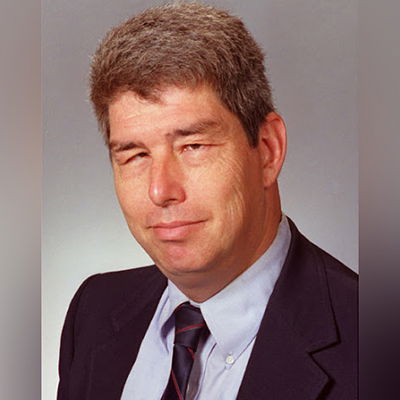Analytical Method Validation under Good Laboratory Practices (GLPs)
Faculty: Dr. John C. Fetzer | Code: FDB3460
- Date:3/4/2025 11:00 AM - 3/4/2025 12:30 PM
- Time zone: Eastern Time (US/Canada) Online Event
Description
Good Laboratory Practices training (GLP) is essential to any laboratory that supports products for sale or use in the United States. GLP much like GMP ensures a comprehensive system that guarantees validity of results and overall quality. Pharmaceuticals, chemicals, petrochemicals, and environmental analyses companies mandated to be following GLP training. A central aspect of GLP is validation of an analytical method.
Completely new compounds are being developed each day in pharmaceuticals, structures that have never studied before by chemists. Their properties – such as solubility and acid-base nature, are unknown. Synthetic reactions may create similar types of molecules, including structural and optical isomers. The methodologies that warrant US FDA compliance with GLP regulations require being able to separate and identify all major, minor, and trace components. No longer is it just determining a purity of the main component, environmental analysis is a pre-requisite. As per GLP requirements, each minor contaminant or degradation product is also important.
Why You Should Attend:
This webinar will discuss analytical method validation and the best practices to follow, including components of a validation. We will also cover how to include critical reagents comparison, selectivity experiments, assessment of stability. The importance of communication between the development and the validation labs and accuracy of transfer documents (SOPs training) will also be addressed. Participants will be able to answer and understand – Is validation a regulated activity? Recognize when to pull the trigger for validation and the importance of suitability testing.
Areas Covered in the Session :
- Method Validation
- The criteria for a method
- Statistical requirements
- Documentation requirements
- Maintaining Compliance
- Common issues
Who Should Attend:
- Analysts
- Lab Supervisors and Managers
- QA Managers and Personnel
- Consultants
- Validation Specialists
- Chemists
Course Director: Dr. JOHN C. FETZER
 | Dr. John C. Fetzer has been doing liquid chromatographic method development for over 35 years. His PhD was in studies of various types of chromatography. He has authored or co-authored over 50 papers on LC separations, has served on the advisory boards of the Journal of Chromatography, Analytical Chemistry, and Analytical and Bioanalytical Chemistry. He supervised the Good Laboratory Practices accreditation of a large research chromatography laboratory and has taught numerous short courses on GLP and ISO 17025 compliance. |